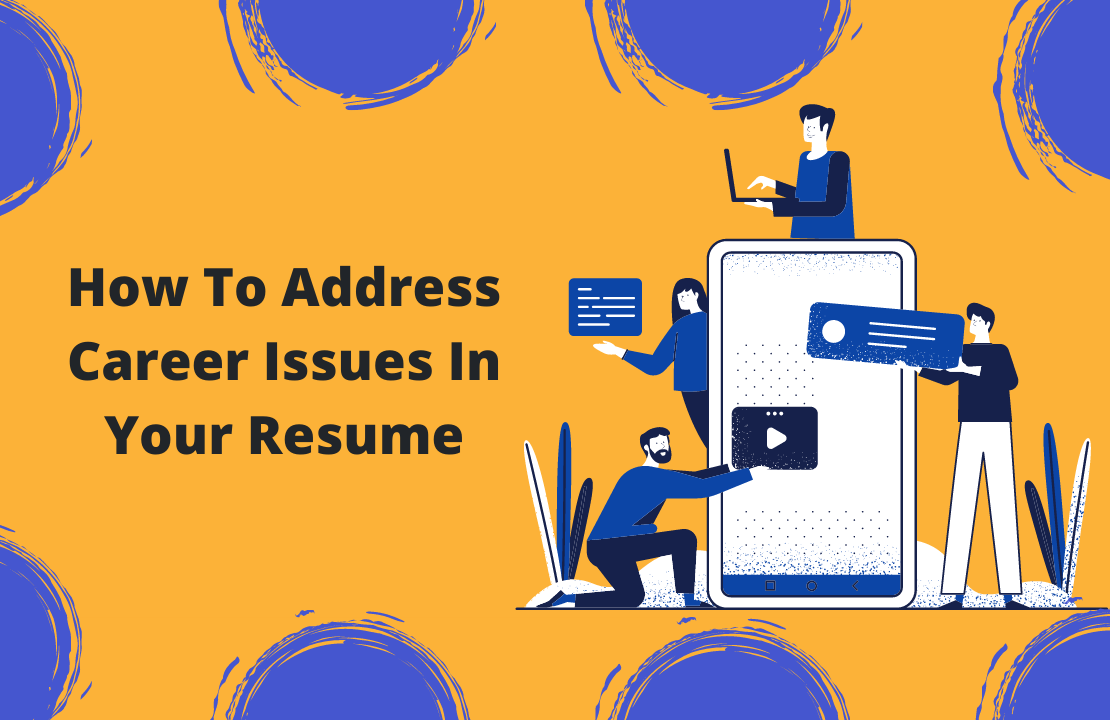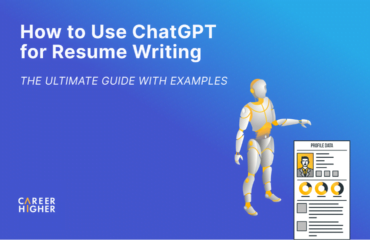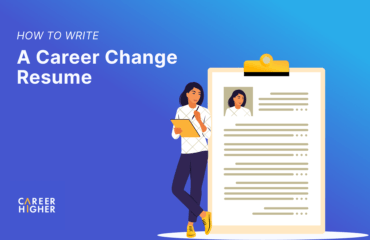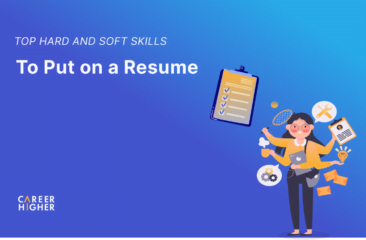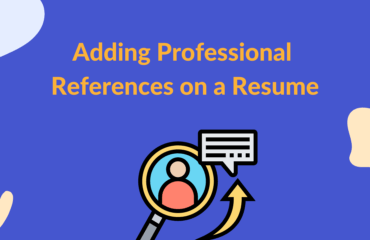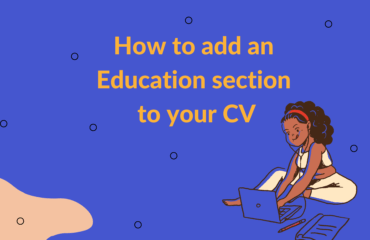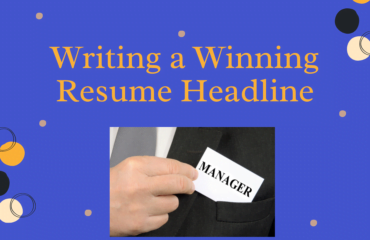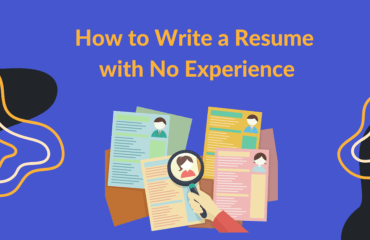Table of Contents
“…..is an Equal Opportunity Employer and Prohibits Discrimination and Harassment of Any Kind…” is a statement that most companies live by. While most countries have anti-discriminatory employment laws to prevent any sort of discrimination against their residents, there are unintended biases that may affect your candidacy in the hiring process. In this article, we will discuss a few issues that may hinder your application process and how you as a candidate can address these through your resume.
1. Overqualification
The state of being educated or experienced beyond what is requested by the target employer is called overqualification. They ask for a bachelor’s degree, you have a master’s degree – overqualified! The job description demands 5 years of experience, you have 10 – overqualified again.
Recruiters or hiring managers may find you overqualified if they believe you are a better fit for a higher position, based on your experience. They fear that you may not be engaged within the role, as it is above your expertise, or that there might be conflicts with your manager being at the same level. Also, employers think that convincing you with the salary being offered would be tough and that they would have to offer you more to keep you at the job, therefore going off-budget.
If this is the case, you could do two things:
a) Convince them
If you are interested in a lower-level position in a different industry or function, the best way to convince the recruiter is to justify your application in the cover letter. Highlight relevant experience and focus on the soft skills required for the job. We recommend going through their website and the job description thoroughly and incorporating specific phrases and examples to demonstrate your interest and commitment to the target employer and role.
b) Look for the right opportunities
If you are an experienced professional, you could get in touch with agencies like Michael Page or Russell Reynolds Associates who are experts in sourcing opportunities for mid and senior-level professionals. Companies like KPMG have a career page dedicated to experienced candidates like yourself. Look for those opportunities and hit the apply button for the positions you are interested in.
2) Ageism
Discrimination based on a professional’s age is called ageism. This could mean depriving someone of opportunities because they are perceived as too young or too old for the role. While this is unethical and illegal, is it unknowingly practiced at large. We have a few tips for you to follow and save yourself from this practice:
a) Remove the dates
Removing dates from your education section of the resume will not allow the decision-makers to guess your age, as in most cases, it is easy to identify the age from the year of graduation. Doing the same on LinkedIn would serve the same purpose. However, it may affect your ATS pre-screening as ATS may not be able to recognize it without dates.
b) Remove older jobs
Recruiters usually look for jobs done in the last 10 years. If you have jobs done earlier, remove them, as they wouldn’t add much value and could help the recruiter guess your age range based on the dates. Removing completely unrelated jobs would also save you from being considered the ‘one with too much experience’.
c) Reach out to the decision-makers directly
Making applications through job search boards may hinder older job seekers. An effective solution to this would be to reach out to your target employers and establish a relationship with them. This way, you will introduce yourself, your past experiences and achievements, and your ability to add value to the target employer. This way, you will get attention away from your age and have a fair chance of being evaluated.
3) Career gaps
COVID-19 may have normalized career gaps but it may still be an issue for candidates. When employers spot a career gap, they make all sorts of assumptions and express doubt in your capabilities which makes it difficult to land your dream role. If you have an employment gap in your resume, here is what you can do:
a) MOOCs
Massive Open Online Courses are a great way to bridge employment gaps as these demonstrate your commitment to continuous learning and enhance your skills. These gained more popularity during COVID-19 when platforms offering MOOCs like Coursera experienced an increase in the number of users. MOOCs can be included in your resume to highlight the fact that you worked on upskilling yourself while looking for your next opportunity.
b) Temporary jobs
Just like MOOCs, temporary opportunities like part-time jobs, freelancing, and volunteering demonstrate your inclination towards being proactive, making the most of your skills, and commitment to your career. These opportunities can be added to your resume and LinkedIn, while examples from these experiences can be shared in your cover letter.
4) Career change
Career change is a bold move. It is not easy and requires you to put in the extra effort than those who already have experience working in your target industry and function. To address a career change, we recommend focusing on the related jobs in your resume. Demonstrate your expertise by describing how you added value to previous employers in those roles. Additionally, list all your non-related experience in ‘Additional Experience’ and talk about your transferable skills to convince the employer that those skills would help you in your target role.
5) Education
In many cases, a candidate’s education is not aligned with the requirements of the target job. While you can not always compensate for it by getting a related degree, you can always leverage your versatile skills and prove to the employer that you are the perfect candidate. Most employers prefer candidates with experience, regardless of degree. So if you belong to this category, we suggest the following:
- List all your relevant jobs in your resume. Make sure the content of your resume is aligned with the requirements of the job and all your achievements are communicated clearly.
- Write a targeted summary focusing on your overall experience and elucidate your potential contribution to the employer.
While you deserve all the opportunities on the basis of your skills and expertise, there might be occasions when you fall prey to unconscious discrimination. As a candidate, make sure to take simple steps from your end to make a difference and be assessed only for your capabilities…and nothing else!
